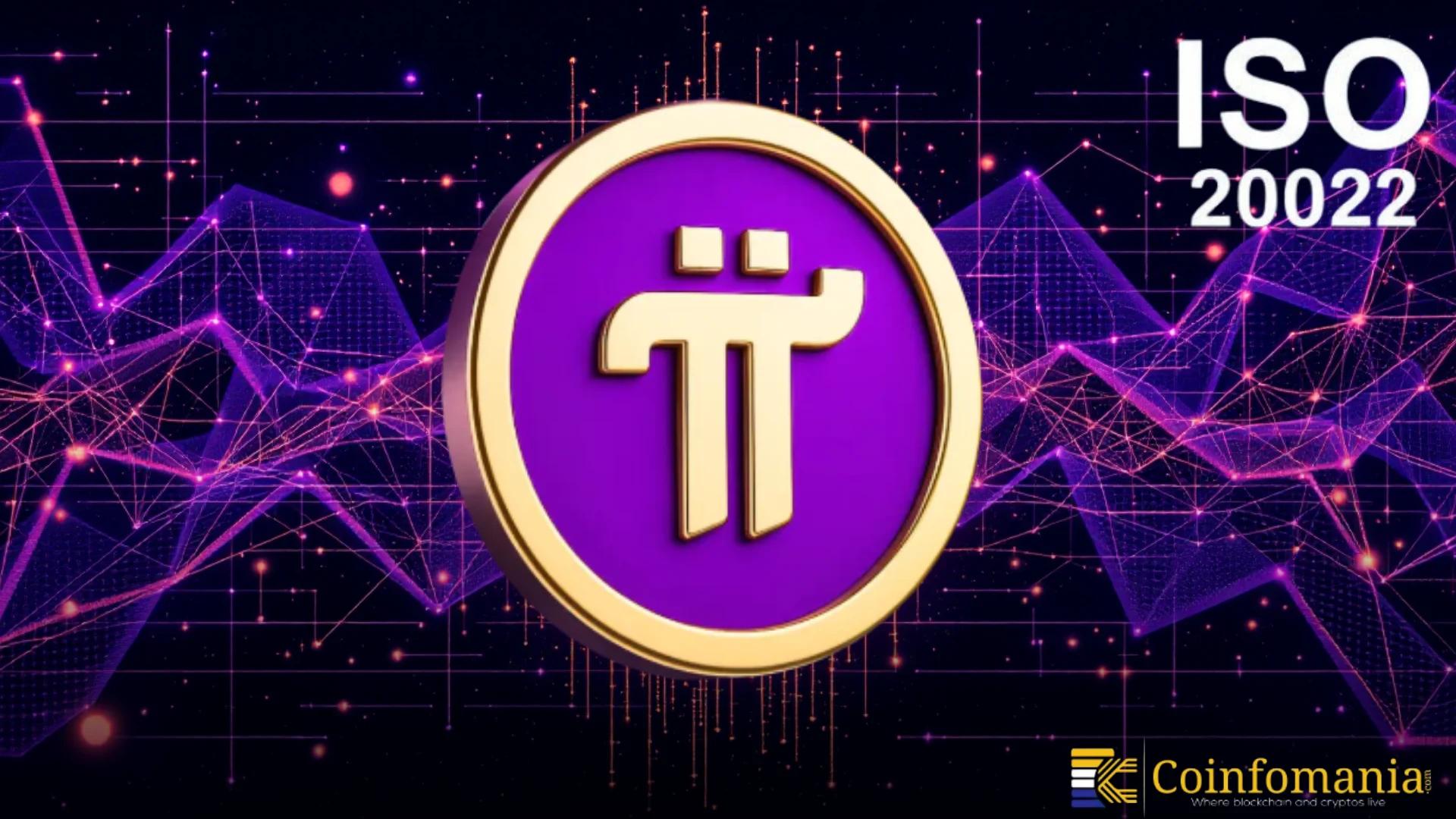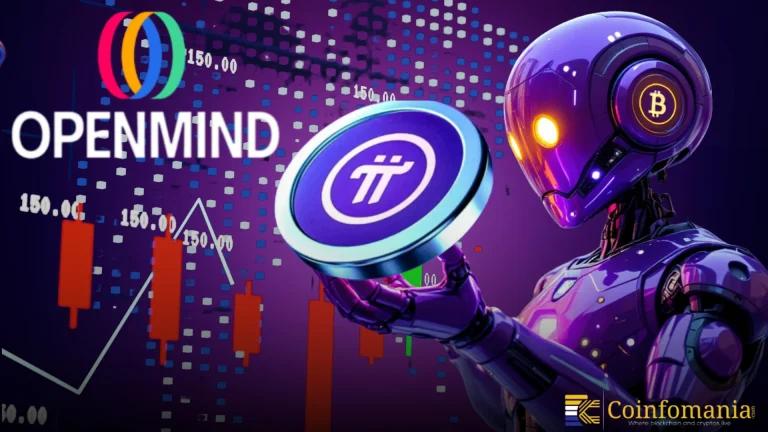Pi Network Eyes ISO 20022 Compliance for Global Payment Access
Pi Network is moving toward ISO 20022 compliance, aligning its infrastructure with global banking standards to enable cross-border payments.

Quick Take
Summary is AI generated, newsroom reviewed.
ISO 20022 compliance aims to integrate Pi Network with traditional financial systems for global payments.
This move would position Pi alongside compliant networks such as Stellar and Ripple, boosting its credibility.
The project boasts over 70 million active miners globally, with 25 million having completed KYC verification.
A base mining rate increase to $0.0027551π/hour signals steady ecosystem engagement and growth.
Pi Network is taking a major leap toward becoming a recognized player in global finance. The project is reportedly moving closer to ISO 20022 compliance. A global messaging standard that connects traditional banking systems with digital assets. This move could place Pi alongside established names like Stellar (XLM) and Ripple (XRP). It is paving the way for seamless cross border payments and real world utility for its growing community of users.
Bridging Traditional Finance and Crypto
Built on the Stellar Consensus Protocol, Pi Network’s upgrade aims to make integration with banks and financial institutions smoother. If successful, it could enable instant and low cost cross-border transactions for more than 70 million users worldwide. The transition toward ISO 20022 would align Pi’s infrastructure with global financial systems. They already use the same standard for secure and structured payment communication.
This compliance could also boost Pi’s credibility with regulators and institutions. It signals that the project is ready to move beyond its experimental phase into a mature ecosystem capable of supporting serious financial operations. In short, Pi Network may soon shift from a community-driven experiment to a regulated, utility based payment network with global interoperability.
Massive Global Community Growth
Pi Network’s growth numbers continue to impress. According to recent data shared by community sources, the project has surpassed 100 million downloads. Moreover, now boasts over 70 million active miners globally. Of those, 25 million have completed KYC verification. It’s a crucial step toward future mainnet accessibility. The project’s expanding user base is driven largely by its mobile-first design. This allows people to mine Pi tokens using smartphones without high energy costs.
With over 6 billion unique mobile users globally, Pi’s accessibility gives it a major advantage in reaching unbanked or underbanked populations. However, questions remain about Pi’s token supply and valuation. With a total supply estimated at 100 billion Pi. Many in the community are speculating on whether the coin’s eventual market value will balance out against its massive circulation. Despite these debates, optimism remains high within the Pi ecosystem. As more real world projects begin to take shape.
MamboChain Leads the Utility Push
One company leading this charge is MamboChain Limited, a Kenya-based tech firm building real-world applications on the Pi Blockchain. The company runs two key projects: ThePitogoServices and WorkfletForPi. These are designed to promote the utility of Pi in daily transactions and decentralized work environments.
MamboChain’s mission emphasizes transparency, collaboration and inclusion. Its roadmap includes developing decentralized payment solutions and productivity tools. That allows Pi users to exchange services, transact and collaborate globally without relying on traditional intermediaries. This approach aligns closely with Pi’s vision of democratizing access to blockchain-powered tools.
Mining Rate Sees Steady Growth
In addition to the compliance efforts, Pi Network also updated its base mining rate for November 2025. The new rate stands at 0.0027551 π/hour. That marks a 0.53% increase from the previous rate of 0.0027405 π/hour. This means users can now mine approximately 24.1 Pi per year, excluding bonus rewards. While modest, the increase signals steady ecosystem growth and consistent engagement from its miners.
As Pi Network continues to evolve toward ISO 20022 compliance and greater adoption. Consequently, these incremental updates strengthen confidence in its long term sustainability. However, Pi Network’s journey is far from over. But with millions of active participants, growing institutional alignment and new real-world applications emerging. The project is gearing up for a defining chapter in its story. One that could finally bridge crypto with traditional finance at a global scale.
References
Follow us on Google News
Get the latest crypto insights and updates.
Related Posts

Pi Network Makes Bold Move Into AI Robotics With First-Ever Investment in OpenMind
Triparna Baishnab
Author

Animoca Brands Confirms $1B Nasdaq Move With Reverse Merger
Triparna Baishnab
Author

NHL Shocks Fans With Groundbreaking Deal — Polymarket Becomes Official Prediction Partner
Triparna Baishnab
Author